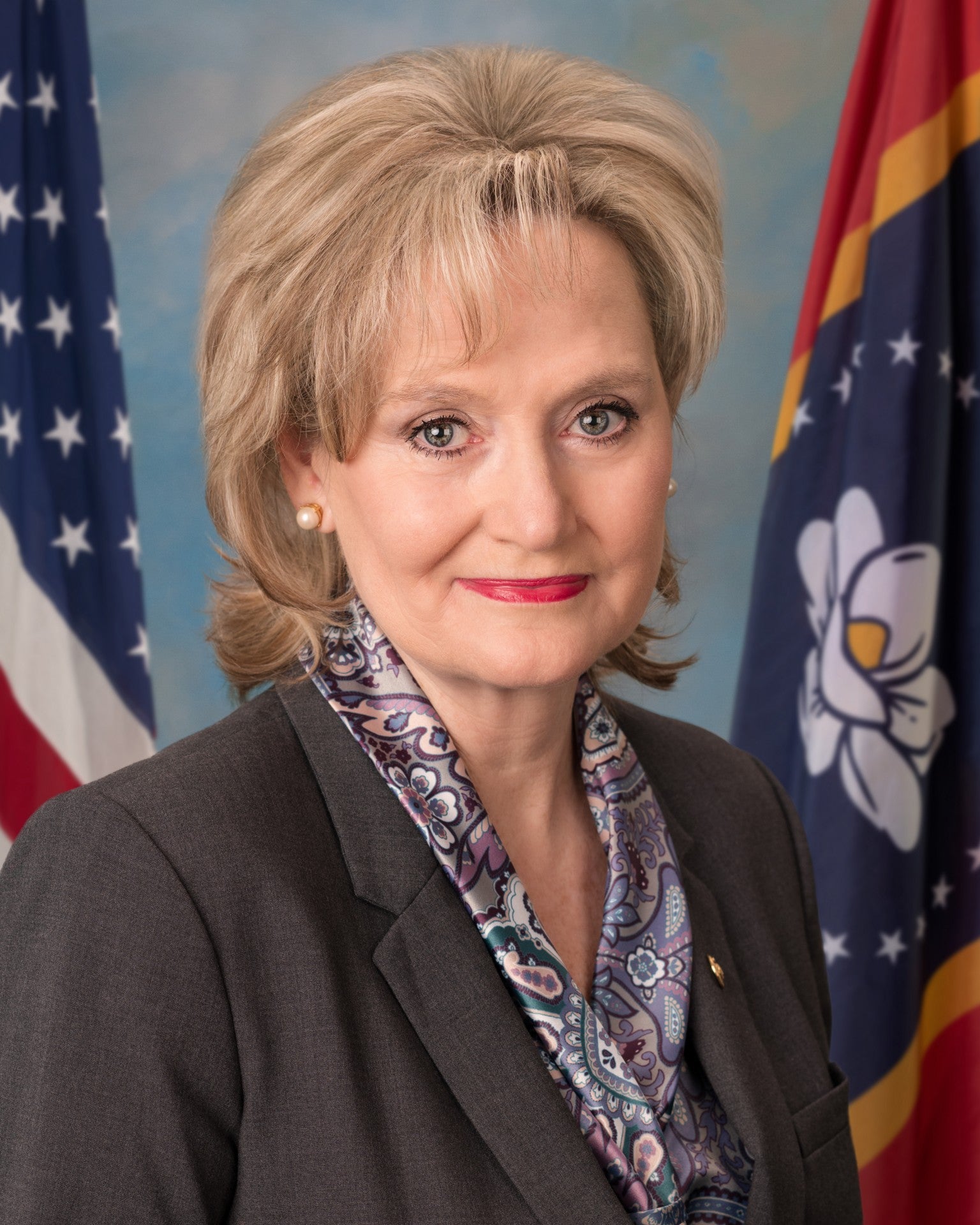Hyde-Smith votes to stop attempt to federal elections
Published 2:28 pm Wednesday, October 20, 2021
Latest Democratic Scheme Would be ‘Rotten for Mississippi and Rotten for the Nation’
U.S. Senator Cindy Hyde-Smith (R-Miss.) today once again voted to stop the latest effort by Washington Democrats to federalize voting laws through so-called election reforms.
Hyde-Smith voted against advancing legislation derided as the “Freedom to Cheat Act” (S.2747). It is the third iteration of a partisan-driven effort by congressional Democrats to dictate how states conduct elections. Hyde-Smith rejected the two previous attempts embodied in S.1 and S.2093.
“Here we go again. Like their first two attempts this year, Senate Democrats are making another run at so-called reforms that would be rotten for Mississippi and rotten for the nation,” Hyde-Smith said. “This latest Democrat power grab is dressed up as a ‘compromise,’ but it’s just more of the same bad liberal power grab to skew elections in their favor by imposing federal mandates on every aspect of the electoral process.”
“Protecting the rights of voters and election integrity should be a bipartisan process, not a repeated one-sided Democratic scheme that makes elections less secure,” she said.
S.2747 retains significant portions the two previous failed Democrat plans, including:
- Setting federal voter ID requirements, which would negate Mississippi’s successful voter ID law.
- Forcing federal mandates on absentee and early voting, automatic and same day voter registration, and drop box requirements.
- Establishing 6:1 federal match for public financing of congressional campaigns, in addition to a “Democracy Credit” scheme.
- Threatening First Amendment free speech protections through burdensome disclosure requirements on donors to nonprofit groups.
- Requiring state redistricting effort to adhere to new federal redistricting standards enforced by the U.S. Attorney General.
- Skewing the function of the Federal Election Commission by endowing the FEC General Council with singular investigative and penalty powers.
- Requiring states to allow felon voting in federal elections.
- Establishing a federal holiday for Election Day.




